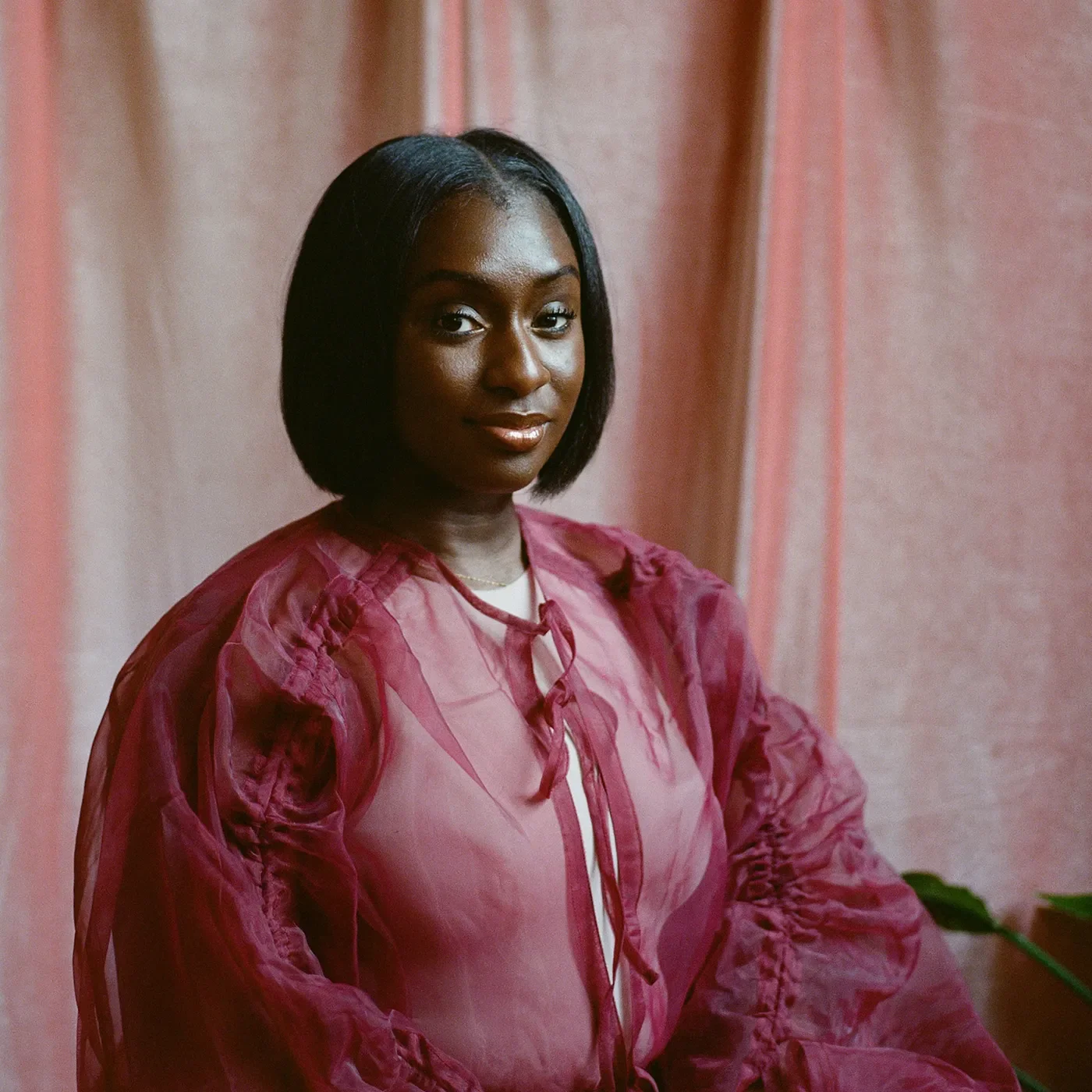Ami Cole is Closing - Why it’s Our Sign to Pay Attention
On July 17, Ami Cole announced that the company will be closing this September, through an exclusive story published by The Cut. The Senegalese inspired cosmetics brand offered innovative products with an inclusive approach - in a perspective that founder, Diarrha N’diaye-Mbaye found to be missing from mainstream beauty culture during her time as a product developer at Glossier. Ami Cole was created to fill that void which black and brown consumers were looking for.
Ami Cole founder, Diarrha N’diaye-Mbaye.
I met N’diaye-Mbaye last October after a panel discussion hosted by Ceremonia at their Soho flagship store, to celebrate Hispanic Heritage month. Ceremonia’s founder, Babba C. Rivera sat alongside N’diaye-Mbaye as they spoke about the challenges they experienced as minority founders breaking into the beauty industry. Both Ceremonia and Ami Cole were founded in 2020, receiving funding from investors interested in the “trend” of Diversity, Equity, and Inclusion (DEI) efforts, following the unjust murder of George Floyd.
Ceremonia, a Latinx-inspired luxury haircare brand, offers a variety of products with notable clean ingredients like the Guava Leave-In Conditioner and Papaya Scalp Scrub. During the discussion, the audience sat in the beautiful oasis of their flagship store, listening as Rivera explained how she was raised in Sweden, but her family’s roots originate in Chile.
Rivera shared how difficult it was for her to bring Ceremonia to the US market. It was widely assumed by American investors that a Latinx-inspired haircare brand like Ceremonia could only be marketable to Latin consumers. Based on those assumptions, investors referenced past Census and survey data on Latin American consumer trends of the past 10 years, spanning from 2000-2010. The outdated findings concluded that beauty and personal care products needed to be offered in bulk, and sold for cheaper retail prices in order to be successful in the Latin American market.
Both N’diaye-Mbaye and Rivera sought investors for their brands years before 2020, but were often met with misunderstanding for the need of such products that put a spotlight on “niche” black and Latinx consumers. Yet, the unprecedented social climate of the pandemic brought newfound opportunities. In The Cut’s news breaking article, “Why I am Closing Ami Cole”, N’diaye-Mbaye spoke about one particular investor who had previously ghosted her, to then reach back out to her amid the throws of the pandemic. She explained much of the sentiment she received sounded like, “You are the future. The world’s been waiting for a brand like this.”
After the conclusion of the panel discussion, I congratulated N’diaye-Mbaye on her success after years of following the brand through her many appearances on the Naked Beauty Podcast, hosted by Brooke DeVard. The event buzzed with an elated energy like any other gathering of WOC making space to uplift one another. We rose our glasses to the optimistic future of inclusivity, and to the future of brands like Ami Cole and Ceremonia, paving the way for so many.
That was October 2024, one month before the election. Since the current administration has stepped in, so much of the media’s messaging has changed, and in the eyes of previously enthusiastic investors. In her statement published by The Cut, N’diaye-Mbaye explained how difficult it was to appease investors, who no longer saw DEI as the priority it once was to them in 2020.
N’diaye-Mbaye shared that pressures of rising tariffs, influencer marketing costs, and the shift of culture affected by the current administration has led Ami Cole to make the decision to close. “While my story isn’t unique, it still hurts to watch an industry preach inclusivity while remaining so unforgiving,” she told The Cut.
Though the closing of Ami Cole is incredibly disappointing to so many of us, we can take it as our sign to support more BIPOC-owned, small businesses that align with our values. At a pivotal time in national culture, it is important that we support those businesses who strengthen our representation in the US market. To me, DEI was never a trend, but a better future. As consumers, it’s important that we use our purchases to reflect our values and prevent erasure.
Below, see a list of products by BIPOC-owned brands that I love personally.
Ceremonia Pequi Curl Activator
Ceremonia Guava Leave In Conditioner
Rizos Curls Curl Defining Cream
Fable & Mane Saha Scalp Wild Ginger Purifying Scrub
Cecred Clarifying Shampoo & Scalp Scrub
Fenty Hair Comeback Kid Treatment
Danessa Myricks Eye Shadow Palettes
Pat McGrath Subliminal IX: Huetopian Dream Eye Shadow Palette
Huda Beauty Easy Bake Loose Setting Powder
Topicals Faded Brightening Serum
For more ways to support, check out organizations like The Fifteen Percent Pledge which offers cohesive lists of Black owned brands to purchase from directly.
